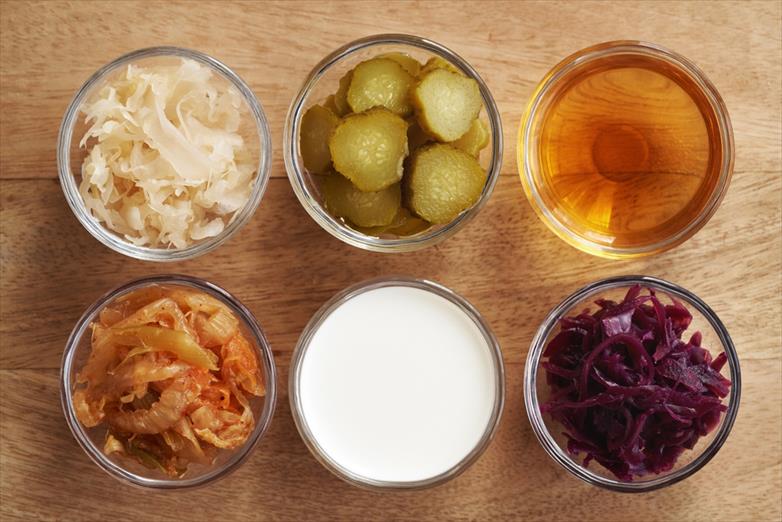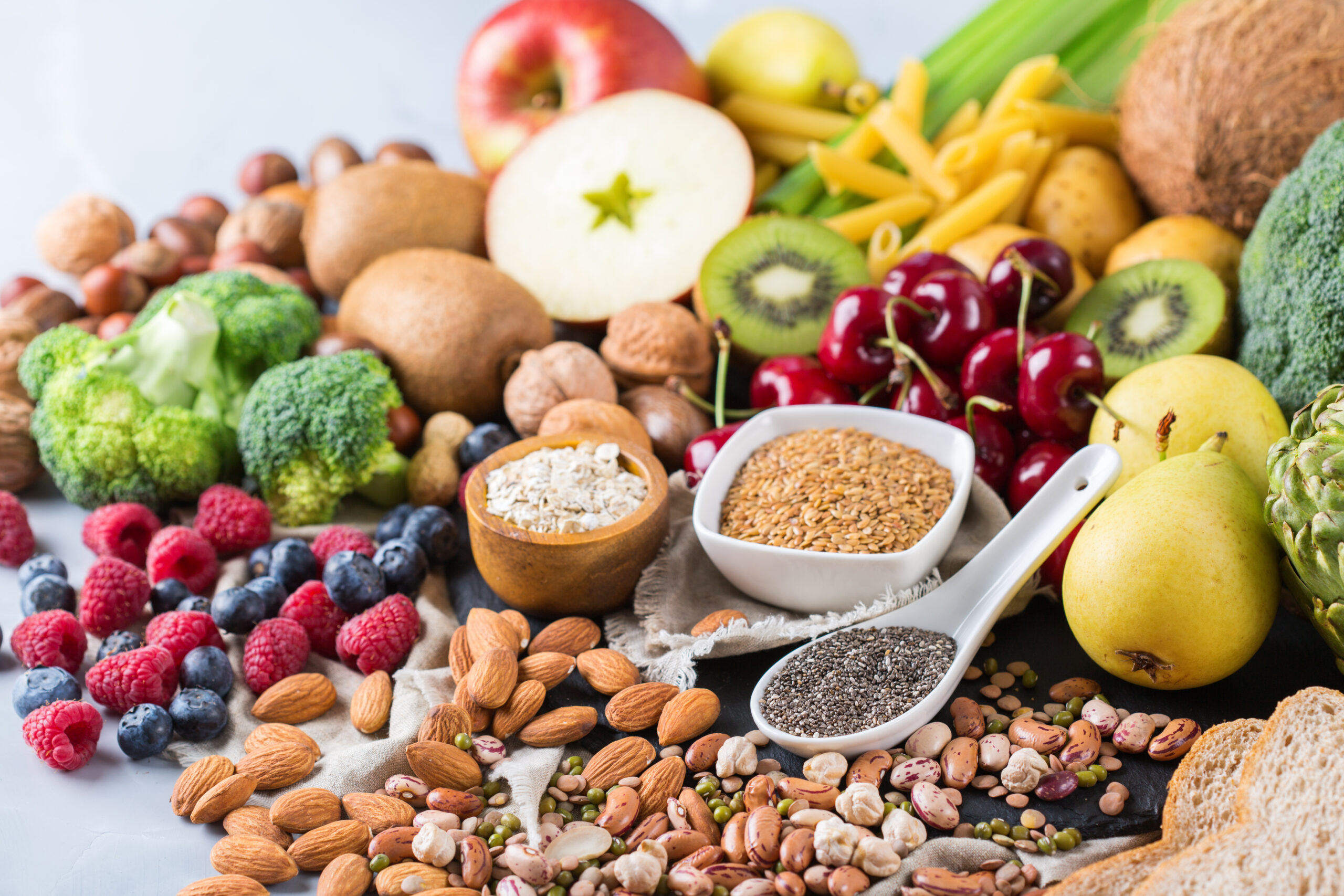Health Trends to Watch: Gut Health, Clean Eating & Longevity in 2025
Health Trends to Watch: Gut Health, Clean Eating & Longevity in 2025

The wellness landscape is evolving rapidly, with gut health, clean eating, and longevity emerging as the most significant health trends shaping 2025. As consumers become increasingly health-conscious, particularly Gen Z and millennials who drive over 40% of wellness spending, these interconnected trends are transforming how we approach overall wellbeing.
The Gut Health Revolution: Beyond the Hype
The gut health movement has exploded across social media platforms, with #GutTok accumulating over six billion views. However, separating science from marketing hype is crucial for making informed decisions about your digestive wellness.

What Really Works for Gut Health
Research shows that effective gut health strategies focus on three key components:
- 30 grams of fiber daily - The fuel your beneficial bacteria need to thrive
- Live probiotic cultures - Look for specific strain names and 1-10 billion CFUs per serving
- Diverse fermented foods - Yogurt, kefir, sauerkraut, and kimchi provide natural probiotics
The key is consistency over quick fixes. Juice cleanses and gut "resets" may provide temporary relief but often lack the fiber, protein, and nutrients necessary for sustainable digestive health.
Clean Eating: Science-Backed Nutrition Principles

Clean eating in 2025 moves beyond restrictive food rules to embrace evidence-based nutrition principles. This approach emphasizes:
Whole Food Focus
- Minimally processed ingredients
- Seasonal, locally-sourced produce when possible
- Quality protein sources including plant-based options
- Healthy fats from nuts, seeds, and fatty fish
The Fiber Connection
Clean eating naturally supports gut health through fiber-rich foods. Incorporating beans, lentils, whole grains, and vegetables provides the prebiotic fiber that feeds beneficial gut bacteria, creating a positive cycle for both digestive and overall health.
Longevity Science: The Microbiome-Aging Connection

Emerging research reveals fascinating connections between our gut microbiome and healthy aging. Studies show that centenarians maintain more diverse gut bacteria compared to younger adults, suggesting that microbiome health may be a key factor in longevity.
The Longevity Lifestyle
Evidence-based longevity practices include:
- Regular physical activity - Increases microbiome diversity and reduces inflammation
- Stress management - Meditation and mindfulness protect gut lining integrity
- Quality sleep - Essential for microbiome recovery and cellular repair
- Social connections - Strong relationships correlate with better health outcomes
Implementing These Trends: Your Action Plan

Daily Habits That Make a Difference
Start your wellness journey with these simple, science-backed strategies:
- Morning protein boost - Aim for 30 grams of protein at breakfast
- Fiber throughout the day - Include high-fiber foods at each meal
- Three probiotic sources daily - Yogurt, fermented vegetables, or kefir
- Hydration focus - Support digestion with adequate water intake
- Movement matters - Even 20 minutes of daily activity benefits gut health
Avoiding Common Pitfalls
As wellness trends gain popularity, be wary of products making unrealistic promises. Red flags include:
- Dramatic before/after claims without scientific backing
- Products lacking specific probiotic strain information
- High-sugar "health" drinks that may harm gut balance
- Expensive supplements without proven efficacy
Frequently Asked Questions
How long does it take to see gut health improvements?
Most people notice digestive improvements within 2-4 weeks of consistent dietary changes. However, significant microbiome shifts can take 3-6 months of sustained healthy habits.
Are expensive probiotic supplements necessary?
Food sources of probiotics are often more effective and affordable than supplements. Focus on fermented foods like yogurt, kefir, and sauerkraut for natural probiotic benefits.
Can clean eating support longevity?
Yes, research consistently shows that diets rich in whole foods, fiber, and minimal processed ingredients are associated with increased lifespan and healthspan.
The Future of Wellness
The convergence of gut health, clean eating, and longevity science represents a fundamental shift toward preventive, personalized wellness. As research continues to unveil the intricate connections between our microbiome and overall health, these trends will likely become standard healthcare practices rather than optional lifestyle choices.
By focusing on evidence-based approaches rather than fleeting fads, you can build sustainable habits that support both immediate wellbeing and long-term health outcomes.
Ready to transform your health? Share this article with friends and family to spread evidence-based wellness insights. Together, we can build healthier communities through informed choices.